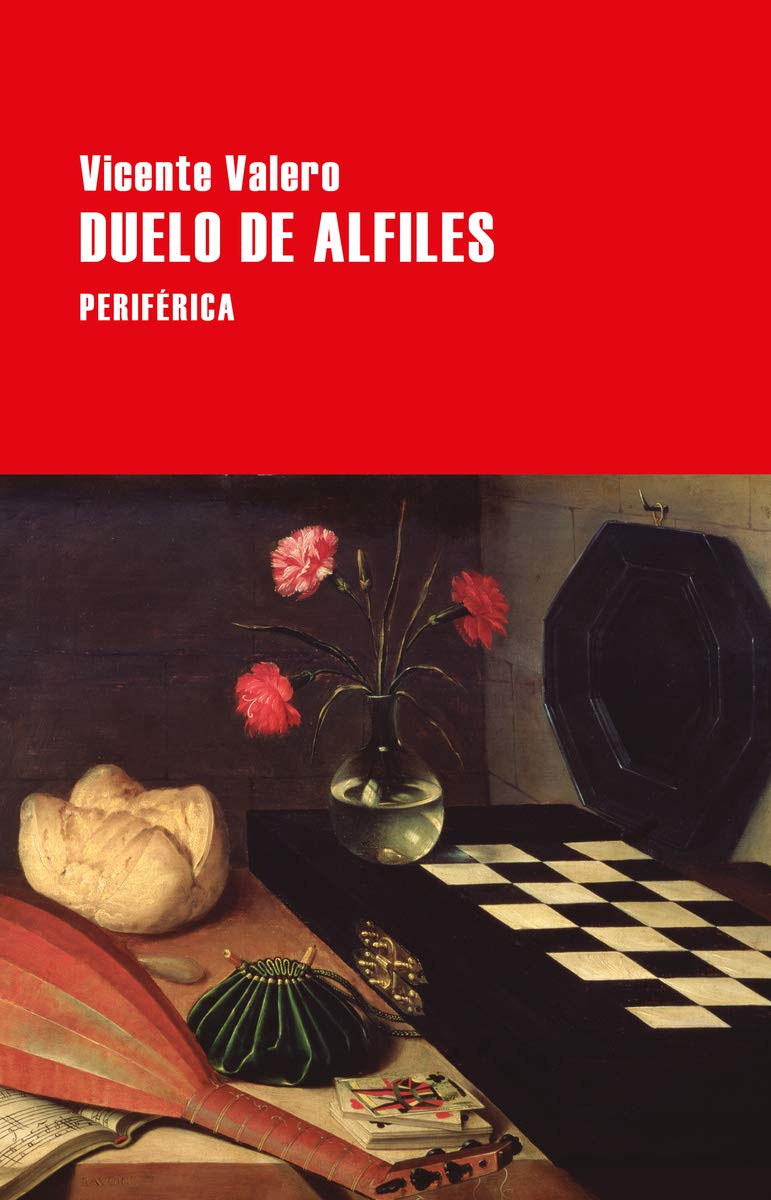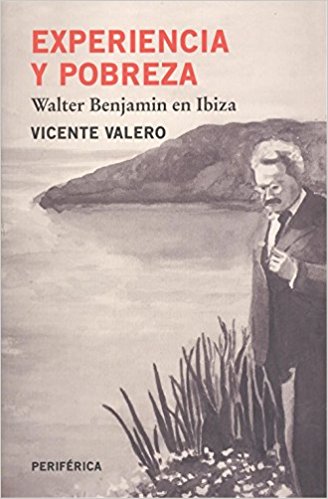
Las transiciones
La muerte de Franco y la transición política se convierten en el paisaje de fondo por el que se mueven los protagonistas de esta nueva novela del escritor ibicenco Vicente Valero, «cuatro amigos inseparables» que viven su particular transición, la de la infancia a la adolescencia, en una época convulsa de cambios rápidos e imprevisibles, y en una comunidad pequeña y cerrada, insular, dedicada sobre todo al turismo. El narrador rememora aquel tiempo que fue –más allá de su significación política– un rico escenario de descubrimientos, de temores, de expectativas, en el que los adultos tuvieron que adaptarse a las nuevas circunstancias y buscar un nuevo lugar en la sociedad que se inauguraba, ante la mirada atenta y muchas veces perpleja de los adolescentes. El encuentro de los amigos veinte años después para asistir al entierro de uno de ellos provoca una doble rememoración: la de los años infantiles y la del día del funeral del amigo muerto, cuando los «amigos inseparables» de entonces son ya jóvenes en transición hacia la madurez. De nuevo, Valero nos ofrece una obra portentosa sobre la memoria particular y la memoria colectiva. Novela de transiciones, pues, en la que su autor, con una prosa que acoge con la misma fuerza expresiva la ternura y el humor, los hechos históricos y las impresiones personales, la ficción y la realidad, dibuja un retrato esencial de los niños de la Transición.
—
(The Transitions) Franco’s death and the political transition become the backdrop in which the main characters of Ibizan writer Vicente Valero’s new novel function, “four inseparable friends” who live their own particular transition, from childhood to adolescence, in a tumultuous epoch of fast and unpredictable changes, and in a small closed community, insular, devoted mainly to tourism. The narrator casts back to that time that was –beyond its political significance– a rich background for discoveries, fears, expectations, in which adults had to adapt to the new circumstances and find a new lace in the new looming society that was being inaugurated, under the attentive and often bemused look of adolescents.
The friends reunion 20 years after to attend the burial of one of them provokes a double remembrance: that of those childhood years and the day of the dead friend’s funeral, when the “inseparable friends” then already youngsters transitioning into maturity. Once again, an inspired Valero offers us a magnificent work on both the individual and collective memories. Novel of transitions, in which its author, with a prose that collects with the same expressiveness affection and humour, the historical facts and the personal impressions, fiction and reality, it pictures an essential portrait of the Children of The Transition.
—
NULL
“The Transitions manages to imprint a generational tone to the particular experiences of its characters, related to the narrow boundaries of a small capital portrayed at the end of The Dictatorship, that is approached through the evolution of its main characters, including the narrator himself, whom he presents in two different critical stages, the passage from childhood to adolescence and from youth to maturity.” Ignacio
F. Garmendia, Diario de Sevilla
“Sentimental chronicle of a generation that went from playing with the collecting cards of the middle‐class Catholicism and the itchiness of sex and the political periphery to become the leading youth of a censorship‐ free future. Sociology, personal story, coming‐to‐age film between memory and fiction, the collective and personal lives as homage and therapy.” Guillermo Busutil, La Opinión de Málaga
“Just three books within a couple of years had been enough for Vicente Valero to stand out as one of the greatest representatives of recent Spanish narrative. There will be who states that others make it in one stroke, but let’s admit that shaking off the poet branding –field in which the author performed his first literary feats– and obtain credibility as prosaist is something more difficult than it seems.” Alejandro Luque, Mercurio
Germany / Berenberg Verlag


